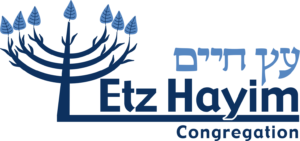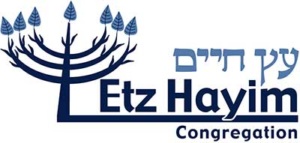Instructions for counting the omer are found on our Omer Overview Page. You can find the specific blessing for today at chabad.org.
We’re dedicating new Siddurim on the first day of Shavuot. In honor of this wonderful occasion, we’re using the counting of the Omer to learn about the siddur.
Enjoy today’s siddur related question and answer, which was provided by Deborah K..
Are there any places in the service where we are encouraged to improvise?
The specific moment during the service for private, improvised communications with God, however, has not stayed the same over time; nor has it always been preserved. According to Rabbi Lawrence Hoffman, personal prayers were first expressed after the Sh’ma and its blessings. Then, in order to insure that worshippers would go on from the Sh’ma to recite the Amidah, the opportunity for silent meditation was moved to the end of the Amidah. That moment in the liturgy, however, dropped away in the ninth century C.E., when the heads of the Babylonian academies first attempted to standardize the Siddur. In place of the moment for individual prayers, they included what had originated as the spontaneous, individual prayer of the pious Rabbi Mar bar Ravina: “My God, restrain my tongue from evil/And my lips from speaking falsehood. . . .” Unlike the collective voice of the rest of the Amidah, this prayer uses singular pronouns, expressing one person’s petition. But as a set part of the Siddur’s Amidah, it quickly lost the feeling of a personal prayer.
Over the centuries many rabbis lamented the exclusion of personal prayers from communal worship. Finally, at the end of the nineteenth century private improvised prayers were reinstated in Siddurs, either in addition to Rabbi Mar’s prayer or in place of it. And whether or not Siddurs specifically invite improvised meditations at the end of the Amidah, the practice of taking moments for private prayer during the service, at the end of that central prayer or elsewhere, is now widely accepted.


